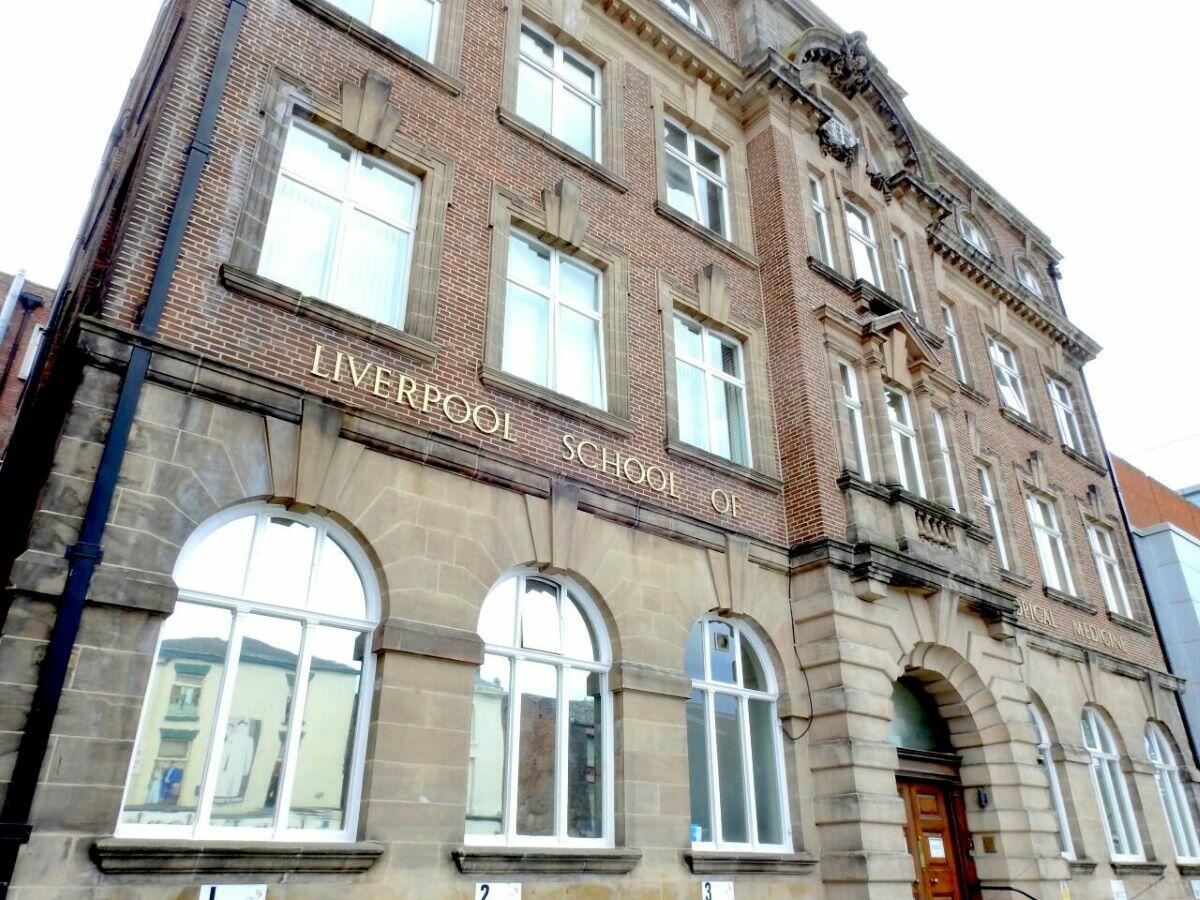
Liverpool School of Tropical Medicine has improved on its already excellent performance in the latest Knowledge Exchange Framework (KEF) results, which measures the rich and diverse ways that universities benefit society and the economy.
LSTM has achieved the highest possible rating in three categories, including this year for the first time in how the university supports local growth and regeneration.
Published annually by Research England, KEF is the sector benchmark for knowledge exchange and the public and economic benefits of higher education. KEF helps universities to measure the external impact of their work locally, nationally and internationally across seven areas.
In KEF4, published today, LSTM has improved its score in the ‘Local Growth and Regeneration’ category to the maximum of ‘very high’. It has also maintained its top rating for ‘Research Partnerships’ and ‘Working with the Public and Third Sector’.
LSTM supports the place-based growth agenda, and works closely with industry and policymakers in the UK and internationally to benefit global health and support economic regeneration around life sciences.
Professor David Lalloo, Vice-Chancellor of LSTM, said: “LSTM is strongly committed to delivering social and economic impact in Liverpool as well as overseas, in equitable partnership with local communities where we work.
“LSTM is part of Liverpool City Region’s £800m Investment Zone plans to ‘supercharge’ local health and life sciences through the LSTM led iiCON consortium, and will soon open an in-patient Human Challenge Facility in partnership with NHS and industry to accelerate the development of new treatments and vaccines against global health threats. These latest KEF results underline the impact that our activities have in supporting local economic growth and regeneration activities, both here in Liverpool and internationally.”
KEF4
LSTM was part of the first KEF pilot in 2019, and has continued to be involved in each annual assessment.
KEF demonstrates the range of valuable activities universities conduct with external partners, ranging from big businesses to small local firms, local growth, public and community engagement and how HE commercialises research.
The latest Knowledge Exchange Framework results are the second to allow year-by-year comparison, building trends in the performance of universities over time.
Professor Giancarlo Biagini, Pro-Vice Chancellor for Research & Innovation at LSTM, said: “The Knowledge Excellence Framework is an increasingly important tool for universities to track and benchmark the impact of external engagement activities.
“LSTM’s KEF performance has improved year-on-year, showing the value of our strategic commitment and investment into knowledge exchange. The three categories in which we score highest – Research Partnerships, Working with the Public and Third Sector, and now Local Growth and Regeneration – are a good demonstration of the breadth of our work, each important in helping to meet our objectives. The latter maximum score is welcomed as the economic benefits of higher education - and life sciences and innovation especially - become increasingly significant to the Liverpool City Region and the UK as a whole.”